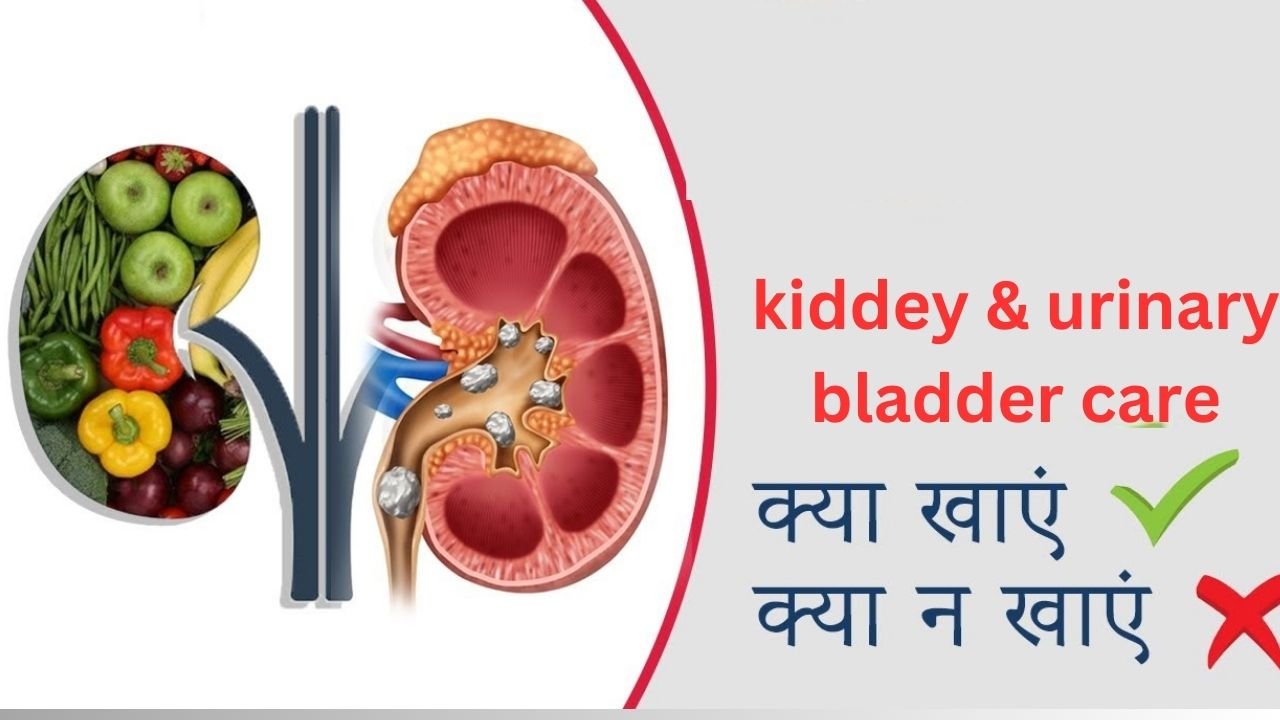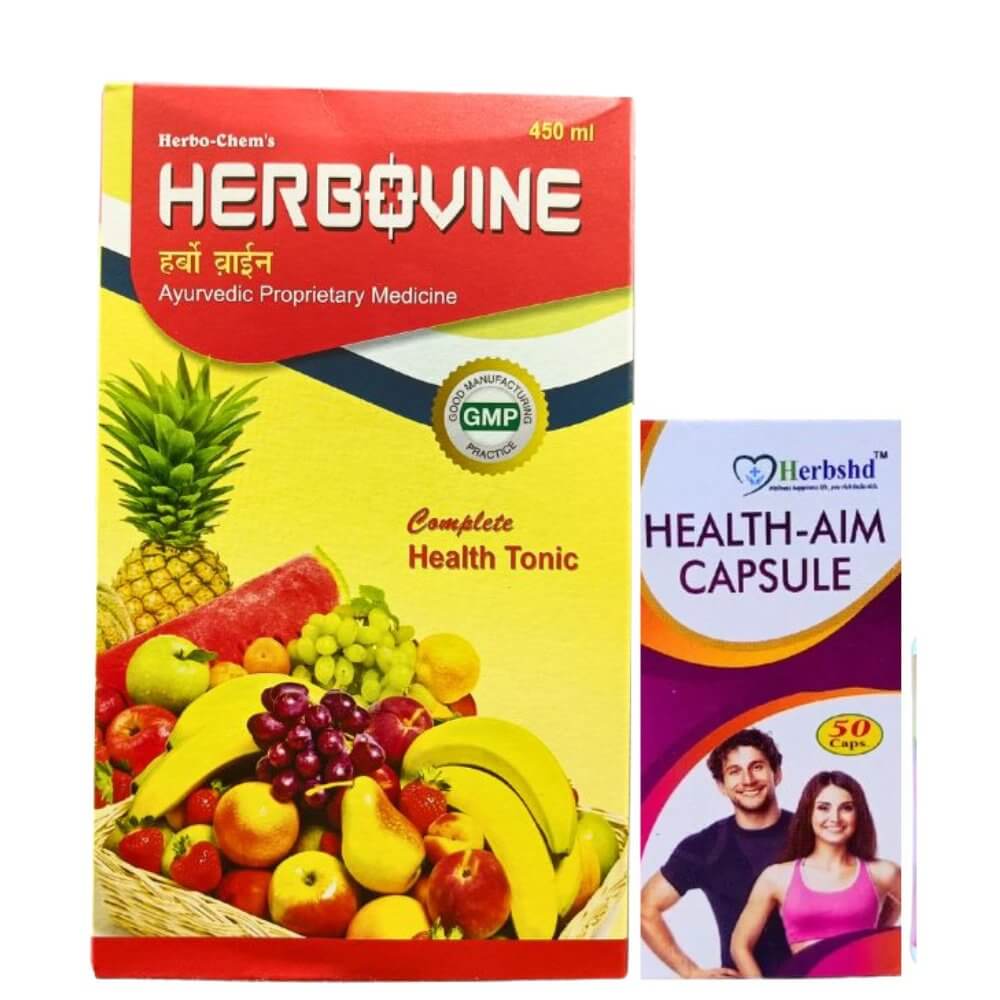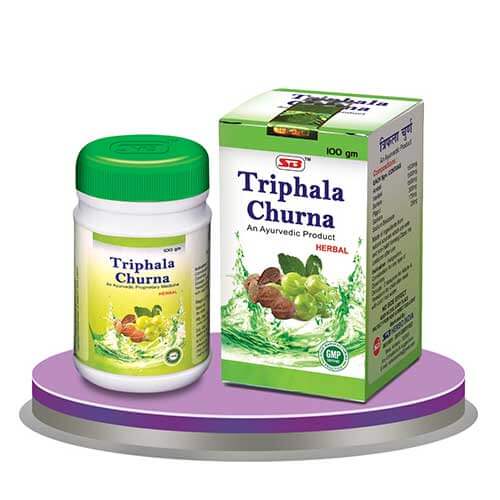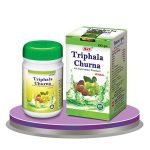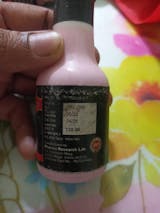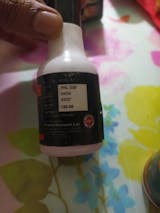Kidney stones (also called renal calculi, nephrolithiasis or urolithiasis) are hard deposits made of minerals and salts that form inside your kidneys. Diet, excess body weight, some medical conditions, and certain supplements and medications are among the many causes of kidney stones.
Do you want to get kidney and bladder ayurvedic care?
this Ayurvedic Syrup & capsule are gallbladder medicine ,kidney stone pain relief gallbladder vs kidney stones bluestone is an Ayurvedic proprietary medicine that helps us in the care of our kidneys and bladder. It helps in urinary tract infections and prevents recurrence of stone formation. It helps to relieve Kidney stones, Asmari, Gallstone, Dysuria, Gallstone .
kidney and urinary bladder problems:
Kidney-related Symptoms:
-
Changes in Urination:
- Increased frequency of urination.
- Urgency to urinate.
- Pain or discomfort during urination.
- Blood in the urine (hematuria).
- Difficulty starting or stopping urination.
-
Pain and Discomfort:
- Flank pain (pain in the sides of the abdomen, below the ribcage).
- Kidney pain that may radiate to the back or lower abdomen.
-
Swelling:
- Edema (swelling) in the legs, ankles, feet, or face due to fluid retention.
-
Fatigue and Weakness:
- Feeling unusually tired or weak, even without significant physical exertion.
-
Changes in Urine Characteristics:
- Cloudy or foamy urine.
- Strong or foul-smelling urine.
-
High Blood Pressure:
- Hypertension may be a sign of kidney problems.
Urinary Bladder-related Symptoms:
-
Changes in Urination:
- Increased frequency of urination.
- Urgency to urinate.
- Incontinence (involuntary leakage of urine).
- Difficulty emptying the bladder completely.
-
Pain and Discomfort:
- Pain or discomfort in the lower abdomen or pelvis.
- Painful urination.
-
Blood in the Urine:
- Hematuria (blood in the urine) may indicate bladder issues.
-
Recurrent Urinary Tract Infections (UTIs):
- Frequent UTIs can be a sign of bladder problems.
-
Interstitial Cystitis (Painful Bladder Syndrome):
- pain or pressure in the bladder and pelvis.
- Increased urgency and frequency of urination.
-
Difficulty Initiating Urination:
- Straining to start urination.
Here are some Ayurvedic principles and practices that are often recommended for kidney and urinary bladder care:
Diet and Nutrition:
Ayurveda places great emphasis on a balanced diet tailored to your individual constitution (dosha) and any existing imbalances. General recommendations might include a diet in fresh, whole foods, including, vegetables, whole grains, and lean proteins.
Herbal teas and concoctions made from kidney-supportive herbs like punarnava, gokshura, and varuna are often recommended. These herbs are believed to help cleanse and support kidney function.
Hydration:
Staying well-hydrated is crucial for kidney and urinary bladder health. Drinking warm water with a squeeze of lemon can be beneficial.
Lifestyle Practices:
Adequate rest and sleep are important for overall health and healing.
Stress management through practices like yoga, meditation, and deep breathing can help support kidney health.
Ayurvedic Therapies:
Panchakarma: A detoxification process involving therapies like massage, herbal steam treatments, and enemas. Panchakarma is believed to help remove toxins and promote overall wellness.
Basti: This involves administering herbal enemas to support the colon and promote detoxification.
Herbal Supplements:
Ayurvedic practitioners may recommend specific herbal supplements or formulations that are believed to support kidney and urinary bladder health. These should be taken under the guidance of a qualified practitioner.
Abhyanga (Oil Massage):
Regular self-massage with warm herbal oils can help improve circulation and promote relaxation, benefiting overall health.
Dincharya and Ritucharya (Daily and Seasonal Routines):
Following daily and seasonal routines can help maintain balance and prevent imbalances that might affect kidney and bladder health.
Remember that Ayurveda is a personalized approach, and recommendations can vary based on an individual's constitution, imbalances, and specific needs. Consultation with an experienced Ayurvedic practitioner is essential to receive personalized guidance and recommendations tailored to your unique situation. It's also important to work in collaboration with your primary healthcare provider for a comprehensive and safe approach to kidney and urinary bladder care .
Eliminates your kidney stones from the inside out in a completely Ayurvedic way :
Ayurvedic Stone Hit Syrup is a herbal medication commonly used in Ayurveda, the traditional Indian system of medicine, to treat kidney stones and urinary tract infections. The syrup is made from a blend of natural herbs and extracts that have anti-inflammatory, diuretic, and anti-microbial properties.The main ingredients of the Stone Hit Syrup include Punarnava, Gokshura, Varun, and Pashanbhed. Punarnava and Gokshura are diuretics that increase urine output and help flush out the stones from the urinary tract. Varun and Pashanbhed have anti-inflammatory properties and help reduce pain and swelling caused by kidney stones
Ayurvedic Stone Hit Syrup is a herbal medication:
Kidney & urinary bladder care,
100% Safe Ayurvedic Syrup:
No side effect,
COMPOSITION:
Each 10 ml contains:
Shilajeet (Asphaltum) 200 mg, Swait Parpati (Ayurvedic Formulation) 150 mg, Moolishar (Raphanus sativus) 150 mg, Sheetal chini (Piper cubeba) 100 mg, Sendha Namak (Sodium chloride) 50 mg, Sajjikhar (Impure carbonate) 50 mg, Panchtrin Mool (Roots of gramini genus) 500 mg, Irshumool (Saccharum officinarum) 500 mg, Gokhru chota (Tribulus terrestries) 450 mg.
INDICATION:
Stone hit double strength formula syrup,kidney & urinary bladder care.
DOSAGE:
2-3 Teaspoonfulthrice a day or as directed by the physician.
BENIFIT :
Kidney Stone Dissolving: The Stone Hit Syrup is believed to help dissolve kidney stones and pass them out of the urinary tract, reducing the need for invasive procedures like surgery.
Relief from Pain: The anti-inflammatory properties of Varun and Pashanbhed in the syrup may help to relieve pain and discomfort associated with kidney stones.
Urinary Tract Infection (UTI): The Stone Hit Syrup has anti-microbial properties that may help treat and prevent urinary tract infections (UTIs).
Improved Urine Flow: The diuretic properties of Punarnava and Gokshura in the syrup may help increase urine flow, reducing the risk of blockages in the urinary tract.
Overall Kidney Health: The herbal blend in the Stone Hit Syrup is believed to promote overall kidney health and function, improving the body's ability to eliminate and toxins.
SEFTY INFORMATION :
As with any medication or supplement, it is important to follow safety guidelines when using the Stone Hit Syrup. Here are some safety precautions to keep in mind:
1) Consult a qualified Ayurvedic practitioner before using the Stone Hit Syrup, especially if you have any underlying health conditions or are taking any other medications.
2) Do not exceed the recommended dosage of the Stone Hit Syrup, as this can lead to adverse effects.
3) Store the Stone Hit Syrup in a cool, dry place away from direct sunlight and heat.
4) Keep the Stone Hit Syrup out of reach of children and pets.
5) If you experience any adverse effects after using the Stone Hit Syrup, stop using it immediately and consult a healthcare professional.
6) The Stone Hit Syrup is not recommended for or breastfeeding women.
7) The Stone Hit Syrup should not be used as a substitute for medical for kidney stones or urinary tract infections.

